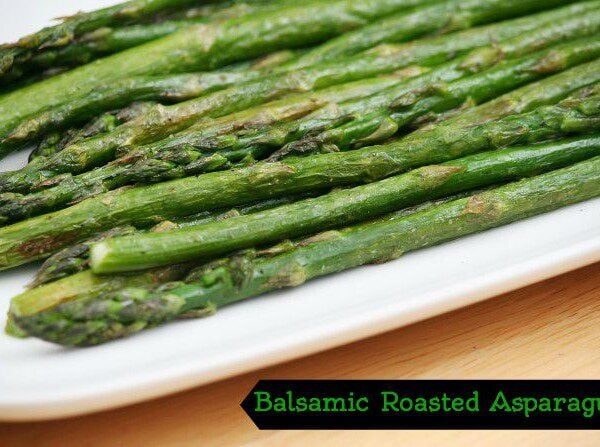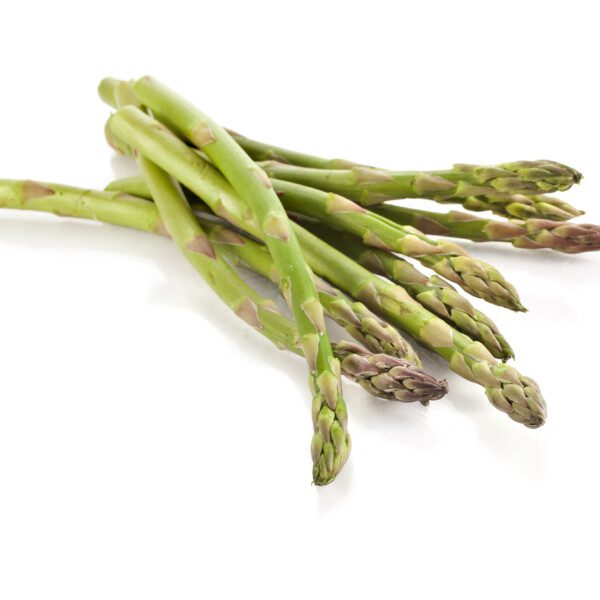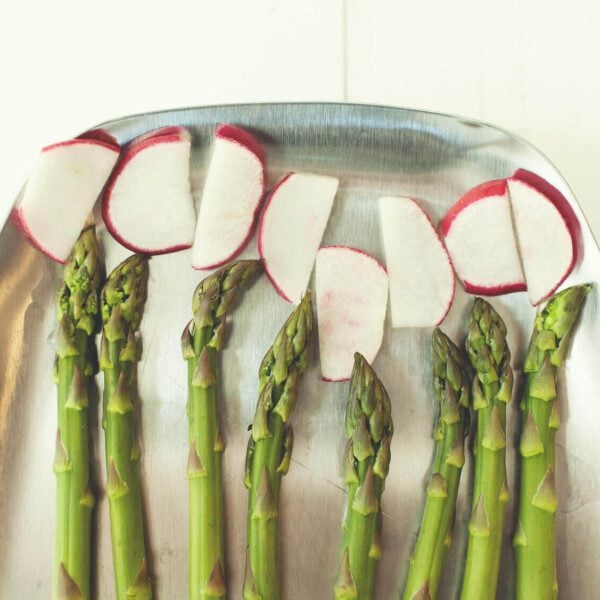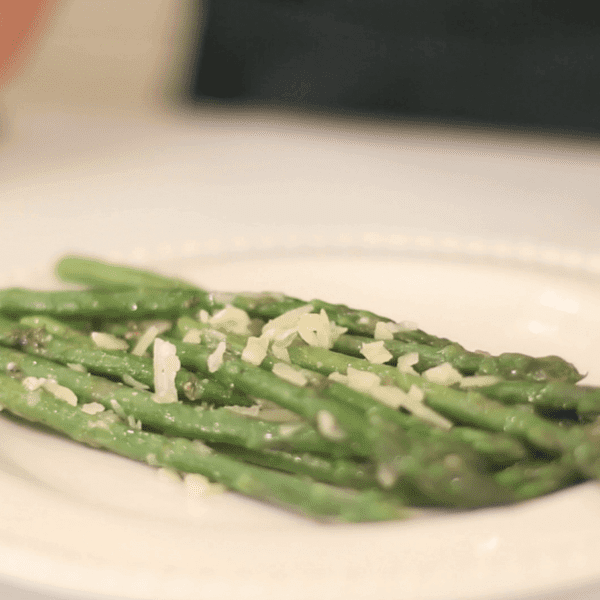How to Select Asparagus
- Pick firm, straight, and smooth asparagus stalks
- Find stalks that have a bright green color
- Fresh asparagus should lack a smelly odor — do NOT buy it if it smells!
- Choose stalks in uniform thickness — it doesn’t change quality just beneficial when preparing and cooking
When is Asparagus in Season?
Asparagus is at its best from March through June. During these months, asparagus is freshest and has the most flavor. Outside of this period asparagus can still be found in grocery stores and farmer’s markets, but it may not be as sweet as when it’s in season.
Varieties of Asparagus
There are three main varieties of asparagus: green asparagus, white asparagus, and purple asparagus.
Green asparagus is the most common type found in grocery stores, and has a bright green hue with a slightly grassy flavor.
White asparagus is less bitter than its green counterpart, as it grows underground and never sees sunlight. It has an ivory color with a creamy texture and subtle sweet taste.
Purple asparagus is the youngest variety and has a tender texture when cooked. It carries the sweetest flavor of the bunch, with notes of almond and raspberry.
Asparagus Nutrition Facts & Benefits
The nutrition facts of 1 asparagus spear (16g) provides,
- 3 calories
- 0 grams of fat
- 0.4 grams of protein
- 0.6 grams of carbohydrates
- 0.3 grams of natural sugar
- 0.3 grams of fiber
Here are just a few of the many ways that asparagus can benefit your health:
Vitamin A: Asparagus can help keep your vision healthy. Vitamin A helps the skin and mucous membranes of the eye fight off infection.
Vitamin C: which is good for supporting the immune system as it helps build up immunity to various illnesses.
Folate: which is essential for making red blood cells and converting carbohydrates into energy. Folate may also play a role in reducing the risk of certain types of cancers such as breast cancer.
Key minerals like iron, magnesium, phosphorus and zinc. Iron helps transport oxygen throughout the body while phosphorus plays an important role in maintaining strong bones. Magnesium is involved in over 300 biologic reactions including muscle contraction and nerve conduction as well as aiding in metabolism. Lastly, zinc is important for wound healing and stronger immune system functioning as well as producing new cells that help boost energy levels.
Saponins: which are known to reduce LDL cholesterol (or “bad” cholesterol) levels while increasing HDL (or “good”) cholesterol levels
High fiber content and helping regulate blood sugar levels by slowing down absorption – making it a great food choice for diabetics or individuals at risk of developing diabetes.
Diuretic properties that help flush out toxins from the body more quickly – both factors helpful when trying to lose weight!
How to Store Asparagus
- There is no need to soak your asparagus stalks before storing
- Trim the ends of the stalks (the tough parts)
- Wrap the stalk ends in a damp paper towel to increase shelf life
- Store in refrigerator until you are ready to use in your favorite dish
How to Prepare Asparagus
When it comes to asparagus, preparation is key. Here are some tips for preparing asparagus as soon as you get it home:
- Rinse the asparagus thoroughly with cool water and lay them out on a towel to dry.
- Trim off the tough ends of the asparagus spears. For thicker spears, you may need to peel off the tough outer layer before cooking.
- Preheat your oven or preheat a skillet over medium-high heat with a little olive oil or butter in it if you plan to roast/saute your asparagus.
- Place asparagus spears on a baking sheet or skillet and season as desired – salt and pepper, garlic powder, Italian seasoning, etc.
- Roast in the oven at 425 degrees for 15-20 minutes or until asparagus is tender and slightly browned. For sautéing, cook asparagus spears for 4-6 minutes depending on how thick they are.
- Serve asparagus as desired – with a dip or sauce, topped with cheese or nuts, as part of a salad or side dish – and enjoy!
Enjoy your delicious asparagus! It’s a great way to get some key nutrients into your diet without sacrificing flavor or texture. Plus it’s easy to prepare – so why not give it a try today? You won’t regret it!
How to Serve Asparagus
Recipes
Balsamic Roasted Asparagus
How to Select, Store, & Serve
Asparagus: How to Select, Store & Serve
Hanukkah






